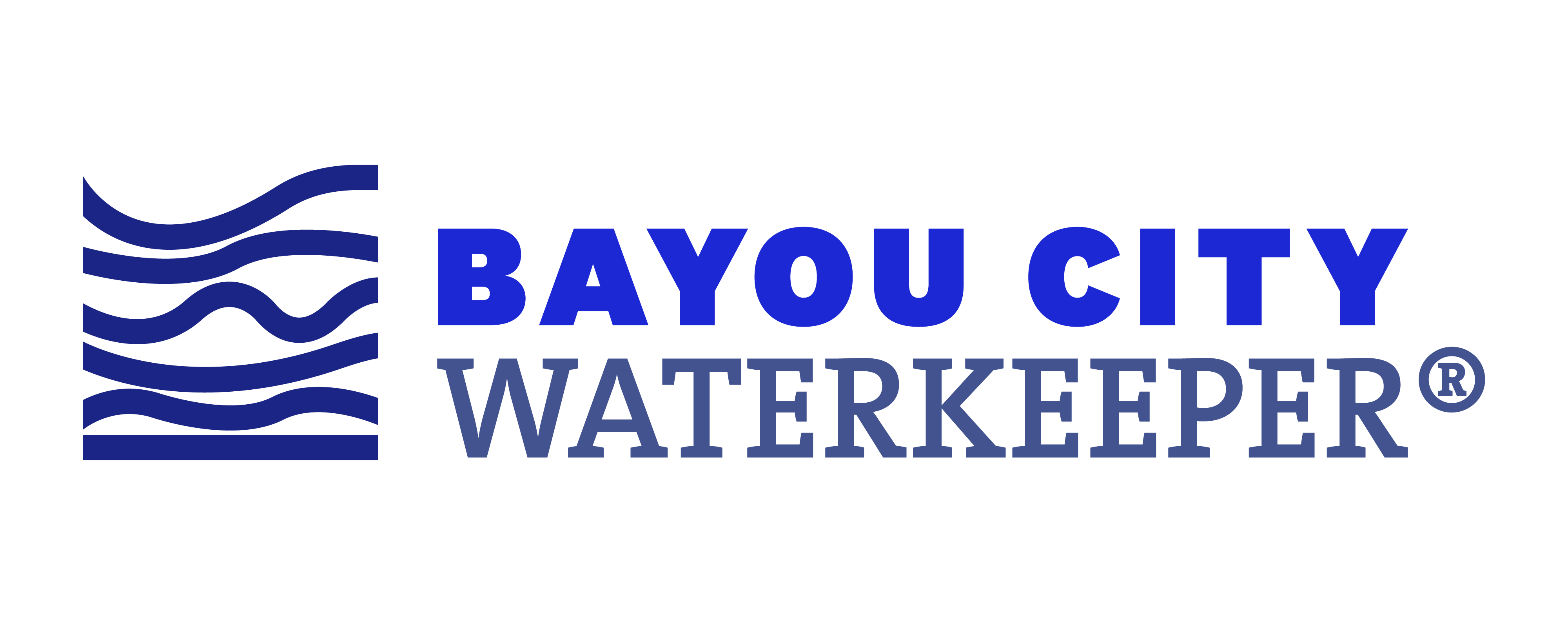Bayou City Waterkeeper served the city of Houston with a notice of intent to sue over its sewer problems in July 2018. After the US Environmental Protection Agency filed an enforcement action in September 2018, we intervened. In April of this year, that enforcement action culminated in a federal court’s approval of a consent decree that has led to the water rate increases proposed by Mayor Turner. At today’s City Council public session, Legal Director Kristen Schlemmer shared this testimony about the proposed increase.
I’m Kristen Schlemmer, Legal Director of Bayou City Waterkeeper, a local environmental organization focused on clean water and climate resilience across greater Houston. As intervenors in the lawsuit that led to this consent decree, we’ve been following this process for years now. I’d like to share three points about the proposed increases in water rates that are informed by what we’ve learned along the way.
First, increases in water rates are necessary. The consent decree commits the city to increase its investments in our sanitary sewer system by $2 billion over the next 15 years. We must not lose sight of the fact that this represents a very big investment in our future and collective health. Over only five years, the city of Houston reported more than 9,000 overflows from its collection and treatment system, representing millions of gallons of untreated sewage entering our bayous, greenspaces, yards, and even schoolgrounds and homes. Individually and as a whole, these overflows have created an unacceptable risk to individual health and public health more broadly, as well as to the health of our bayous and Galveston Bay.
Second, water rate increases must not leave people behind. Already the consent decree did not include any kind of financial assistance program for people unable to repair sewer problems at their own homes – people who are largely low-income, and black or brown. When raising water rates, the city must not compound problems for these same communities. The city should continue to explore ways to help people fix their private sewer lines and also find ways to make water more affordable and expand existing water rate assistance programs to cover more people. Increases in water rates must not result in people being without one of our most basic human needs: water.
Third, transparency is vital but lacking. No community meetings have been held that would allow people to get answers to important questions about water rates in an unrushed fashion. The city has a website dedicated to the wastewater consent decree, but it doesn’t say anything about the rate study referenced in, but excluded from, the public agenda. And all of this has been done only in English. All this should be fixed before city council approves this ordinance. We urge the city to embrace transparency throughout this process starting now. By making sure information related to the consent decree is consistently accessible, the public, aided by organizations like ours and the media, can understand and embrace the importance of the city’s sanitary sewer investment. Thank you.
With an approach grounded in science and law, Bayou City Waterkeeper works at the intersection of conservation and environmental justice to protect and restore natural systems and advance equitable policy solutions to water pollution and flooding across greater Houston. To learn more about the proposed water rate increases, review Public Works’ frequently asked questions and water rate study.
